ABOUT THE DEPARTMENT
The Department of Textile Technology was established in the year 1995. It offers a four year B.Tech. Textile Technology programme and Two year M.Tech Textile Technology programme. The department is well known for state-of-the-art laboratory facilities as well as experienced and highly qualified faculty. The members of the faculty have rich teaching, research and industrial experience. The members of the faculty have published more than 50 papers in leading national and peer reviewed international journals and actively participate in seminars and conferences. Our department is the only institute under the permanent affiliated to Anna University in the state of Tamil Nadu which offers Bachelor of Technology in Textile Engineering. The spacious laboratories are well equipped with state-of-the-art facilitieshttps://jec.ac.in/wp-admin/edit.php?post_type=cycloneslider in Yarn Manufacture, Fabric Manufacture, Textile Chemical Processing and Textile Testing. The Department library is facilitated with good collection of books and journals with internet connection, besides central library (Learning Centre) facility.
Textile industry in India is heading towards a drastic change aiming at remarkable progress and development. In order to fulfil the utmost needs of this industry, a great responsibility lies on the Technical Institutions, which impart Textile education to train the technocrats and enable them to give their best. In this direction, the Department of Textile Engineering of JEC is vigorously marching towards pursuit of technical excellence in textile education. Our department is the only institute under the permanent affiliated to Anna University in the state of Tamil Nadu which offers Bachelor of Technology and Master of Technology in Textile Engineering
From the HOD’s Desk

Dr. G. Nagarajan M.Tech., Ph.D, Head of the Department, Textile Technology
The Department of Textile Technology is committed to generate new knowledge by engaging in advanced research and promoting academic growth by offering technologically advanced undergraduate and postgraduate programmes. The department is vibrant in developing human potential to its fullest extent so that academically capable and technologically sound can emerge in a range of textile professions. Since then 22 batches of students have been passed out from this program and they hold key positions in the various sectors at National and International level. We are offering this program with a nice blend of coursework, projects, industrial visits and in-plant training that, endows students with the ability to apply knowledge of science and technology to work effectively in the discipline. We have well equipped laboratories consisting of spinning, weaving, textile chemical processing, textile testing, knitting, garment and CAD. We have also state of the art research facilities to support our academic programs and research
VISION
To provide education in the field of textile technology and serve the textile industry through current research and combined industrial activities for the value of society.
MISSION
| M | MISSION |
|---|---|
| M01 | To impart quality education to our students and enhance their knowledge, skills and research ability to make them globally competitive engineers. |
| M02 | To provide effective interaction among faculty members and students to build up networking with the industries and Research institutions. |
| M03 | To promote the capability to work effectively, individually and as team including diverse and multi-disciplinary fields to accomplish a common goal. |
| M04 | To practice innovative and modern methods of pedagogy to develop innovative, entrepreneurial and ethical professionals |
PROGRAM EDUCATIONAL OBJECTIVES(PEO)
The Graduates of Textile Technology Program will
| PEOs | PROGRAM EDUCATIONAL OBJECTIVES |
|---|---|
| PEO1 | To prepare textile students with knowledge in basic science, humanities, engineering and technology to solve or design textile products with real life problems to meet up the global needs and pursue higher education. |
| PEO2 | To inculcate textile students with professional and ethical attitude, effective communication skills, multidisciplinary approach, team work skills and an ability to relate engineering usages to broader social context. |
| PEO3 | To offer an academic environment to promote awareness for continuous learning and include in them ethical codes and guidelines required for successful careers also as an entrepreneur. |
| PEO4 | To develop analytical and research mind to adapt and innovate in the world of ever changing technology through lifelong learning. |
PROGRAMME SPECIFIC OBJECTIVES(PSO)
Graduates will be able to
| PSOs | PROGRAM SPECIFIC OBJECTIVES |
|---|---|
| PSO1 | Implement their comprehensive knowledge in textile manufacturing processes and quality assurance aspects for successful career in the field of textile |
| PSO2 | Analyze professional, ethical and sustainable practices |
| PSO3 | Make use of leadership and problem solving skills in their professional environment manage projects and in multi-disciplinary environments. |
PROGRAM OUTCOMES (PO)
The Students of B.Tech Textile Technology program shall have the following knowledge skills and behavior:
| POs | PROGRAM OUTCOME |
|---|---|
| PO1 | Engineering knowledge: Apply the knowledge of mathematics, science, engineering fundamentals, and an engineering specialization to the solution of complex engineering problems. |
| PO2 | Problem analysis: Identify, formulate, review research literature, and analyze complex engineering problems reaching substantiated conclusions using first principles of mathematics, natural sciences, and engineering sciences. |
| PO3 | Design/development of solutions: Design solutions for complex engineering problems and design system components or processes that meet the specified needs with appropriate consideration for the public health and safety, and the cultural, societal, and environmental considerations. |
| PO4 | Conduct investigations of complex problems: Use research-based knowledge and research methods including design of experiments, analysis and interpretation of data, and synthesis of the information to provide valid conclusions. |
| PO5 | Modern tool usage: Create, select, and apply appropriate techniques, resources, and modern engineering and IT tools including prediction and modeling to complex engineering activities with an understanding of the limitations. |
| PO6 | The engineer and society: Apply reasoning informed by the contextual knowledge to assess societal, health, safety, legal and cultural issues and the consequent responsibilities relevant to the professional engineering practice. |
| PO7 | Environment and sustainability: Understand the impact of the professional engineering solutions in societal and environmental contexts, and demonstrate the knowledge of, and need for sustainable development. |
| PO8 | Ethics: Apply ethical principles and commit to professional ethics and responsibilities and norms of the engineering practice. |
| PO9 | Individual and team work: Function effectively as an individual, and as a member or leader in diverse teams, and in multidisciplinary settings. |
| PO10 | Communication: Communicate effectively on complex engineering activities with the engineering community and with society at large, such as, being able to comprehend and write effective reports and design documentation, make effective presentations, and give and receive clear instructions. |
| PO11 | Project management and finance: Demonstrate knowledge and understanding of the engineering and management principles and apply these to one’s own work, as a member and leader in a team, to manage projects and in multi-disciplinary environments. |
| PO12 | Life-long Learning: Recognize the need for, and have the preparation and ability to engage in independent and life-long learning in the broadest context of technological change. |



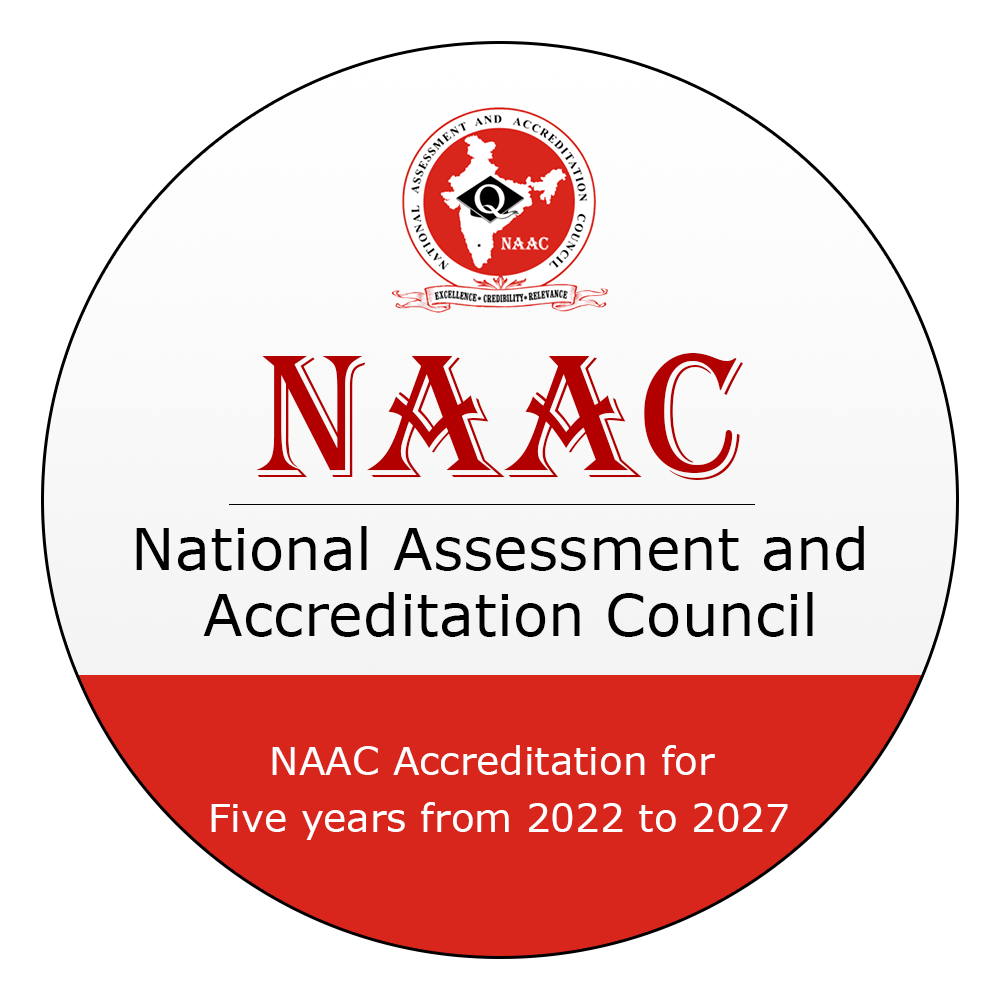
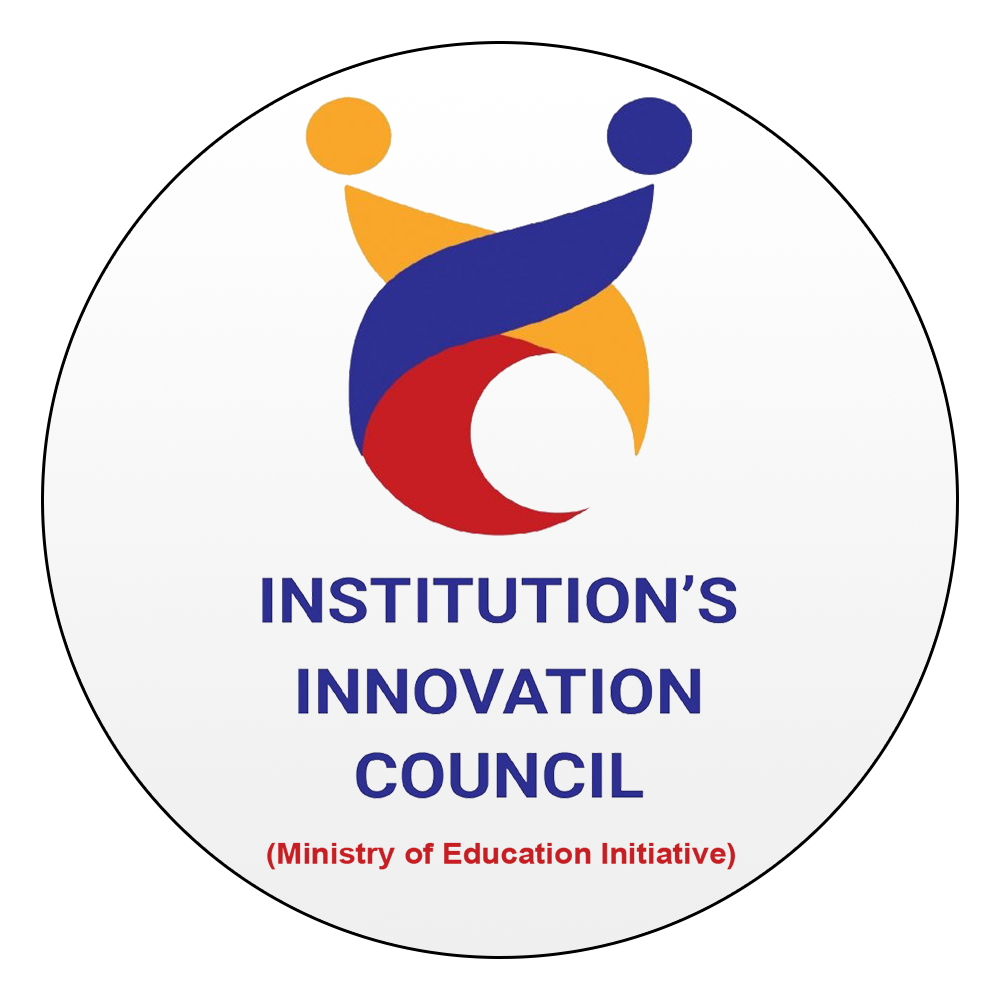


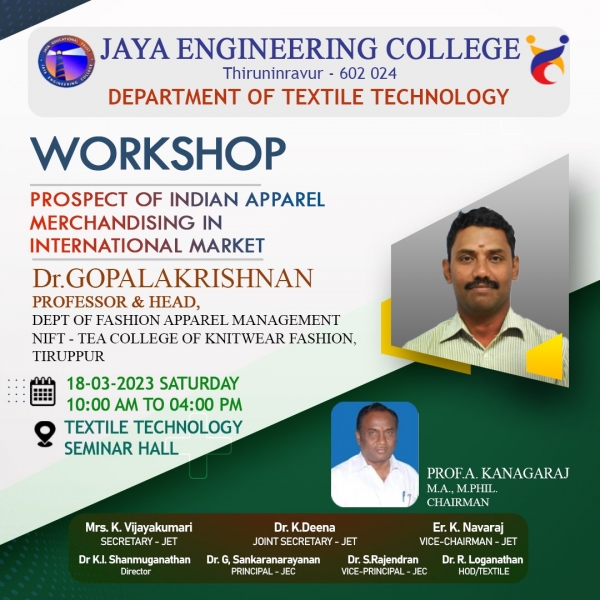
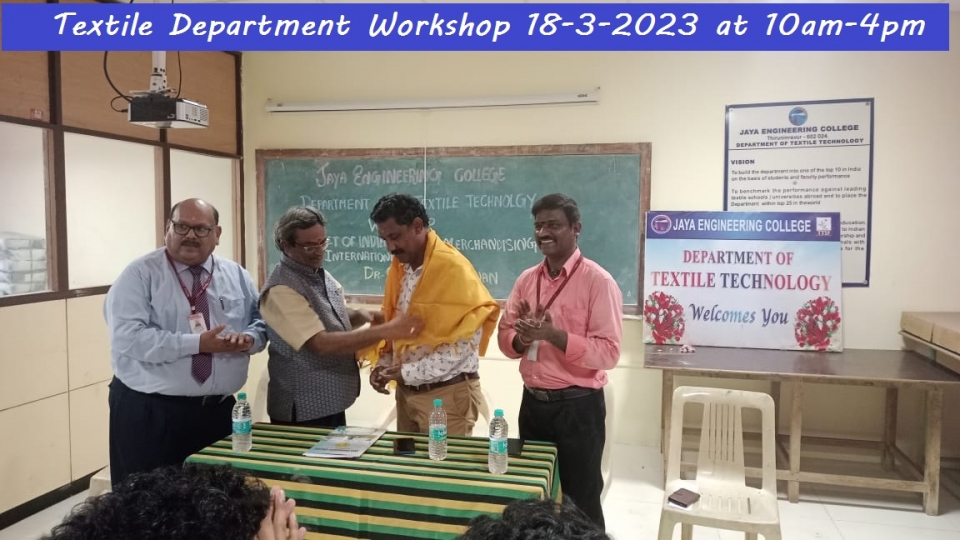
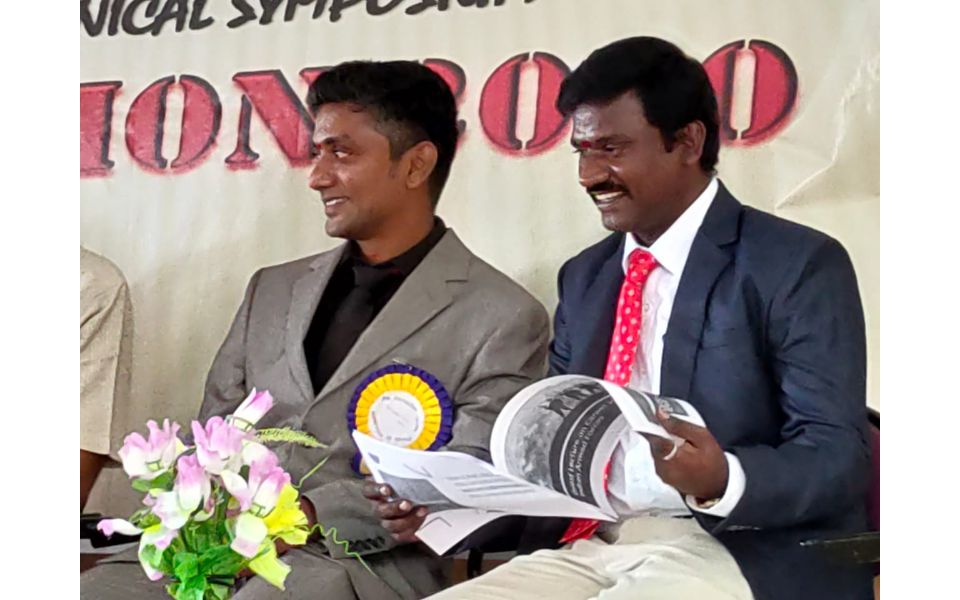
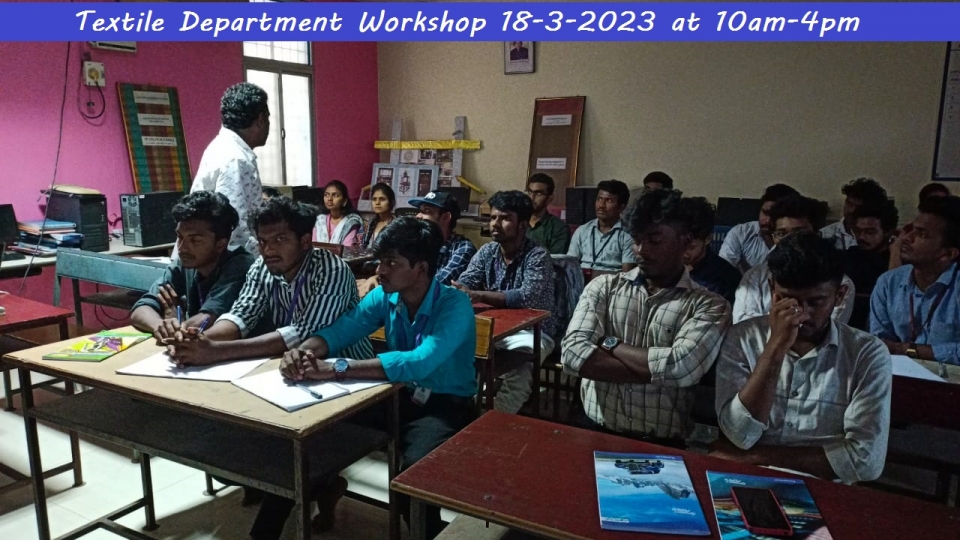
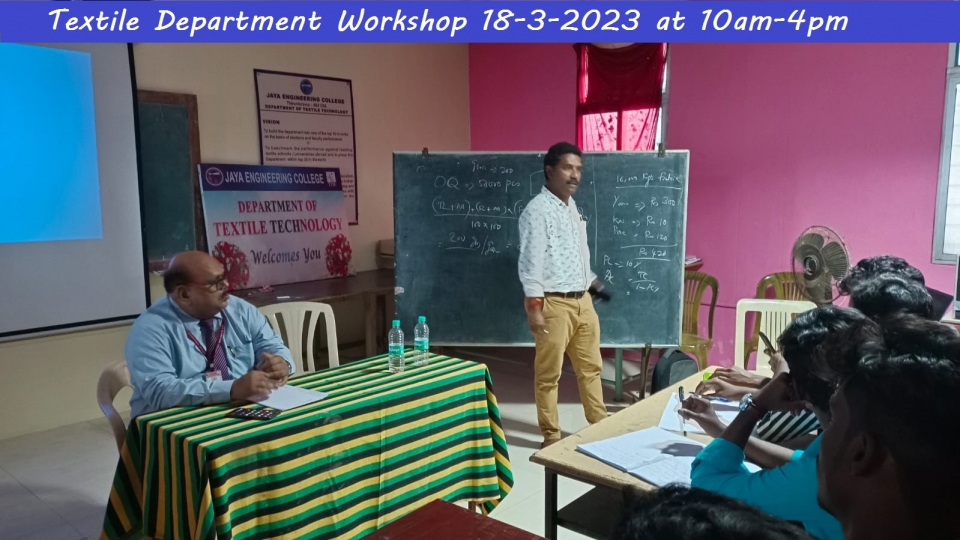
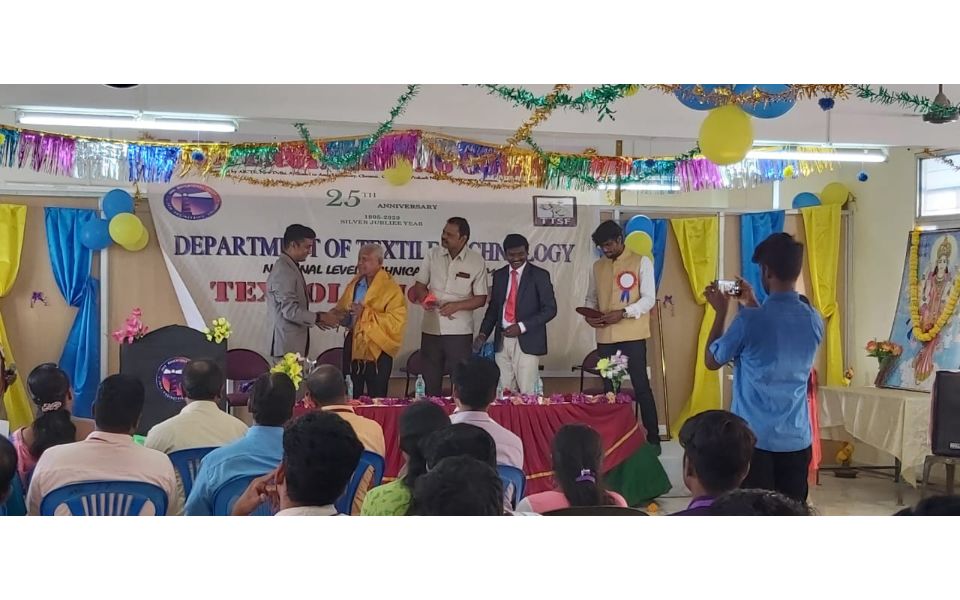
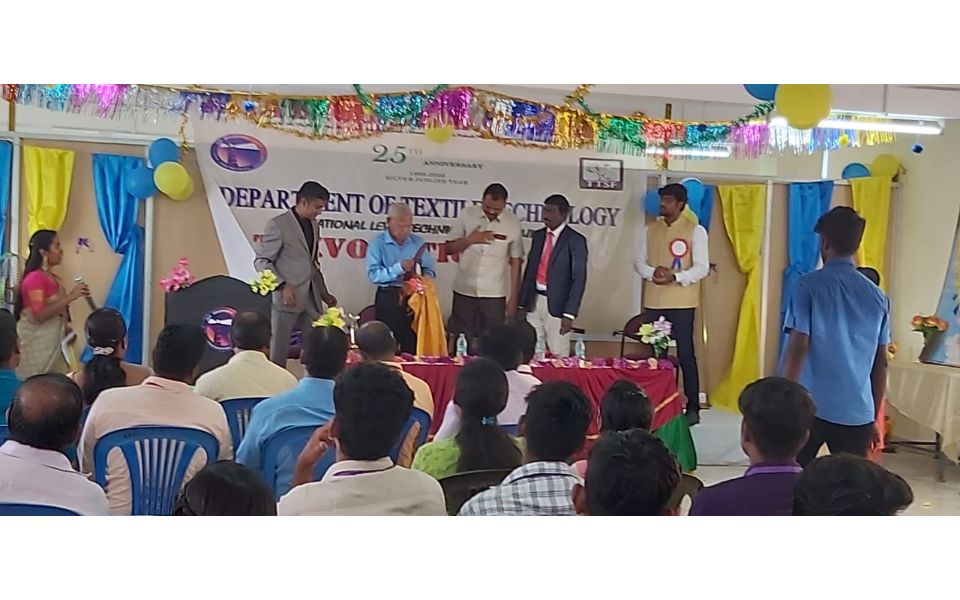
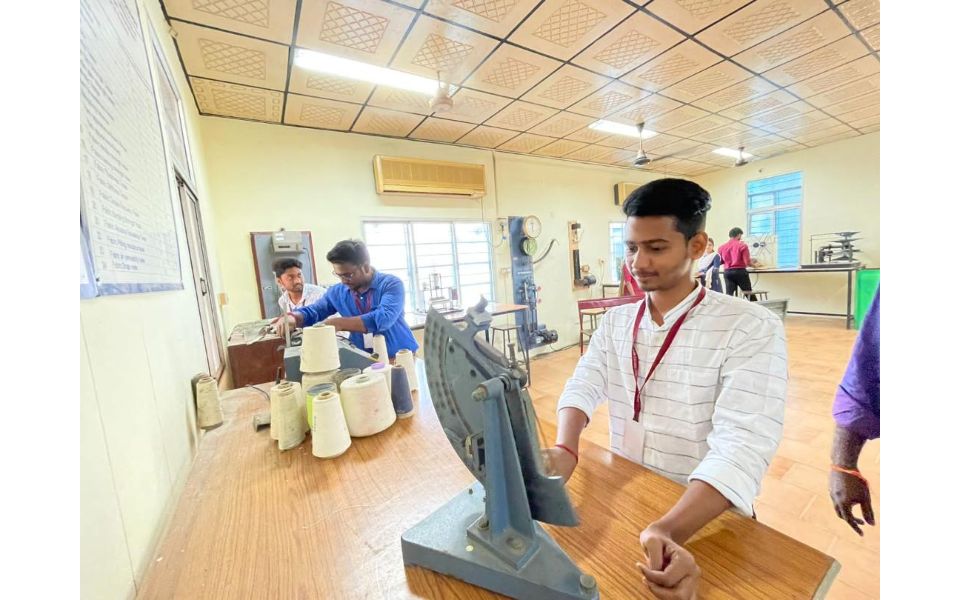
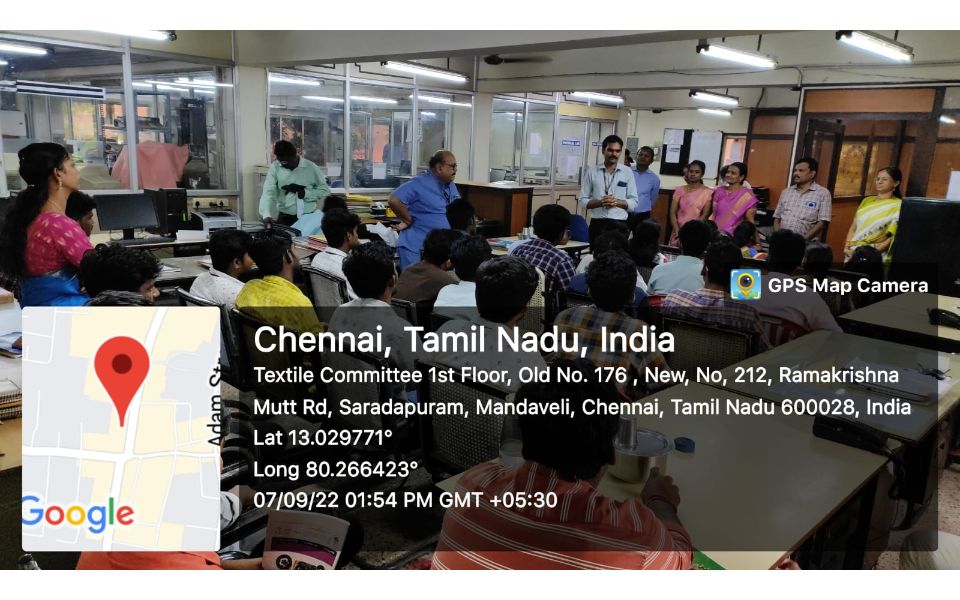
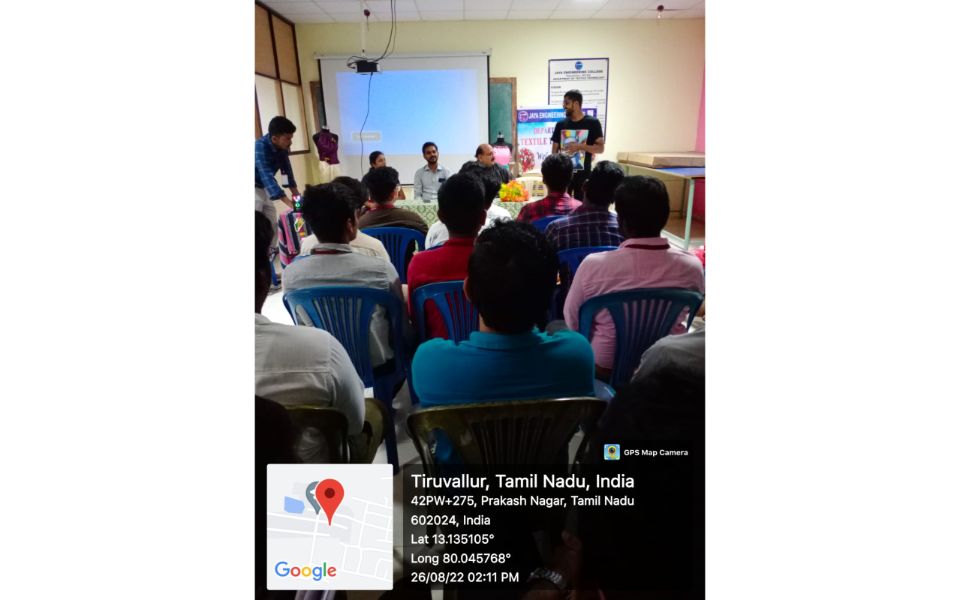
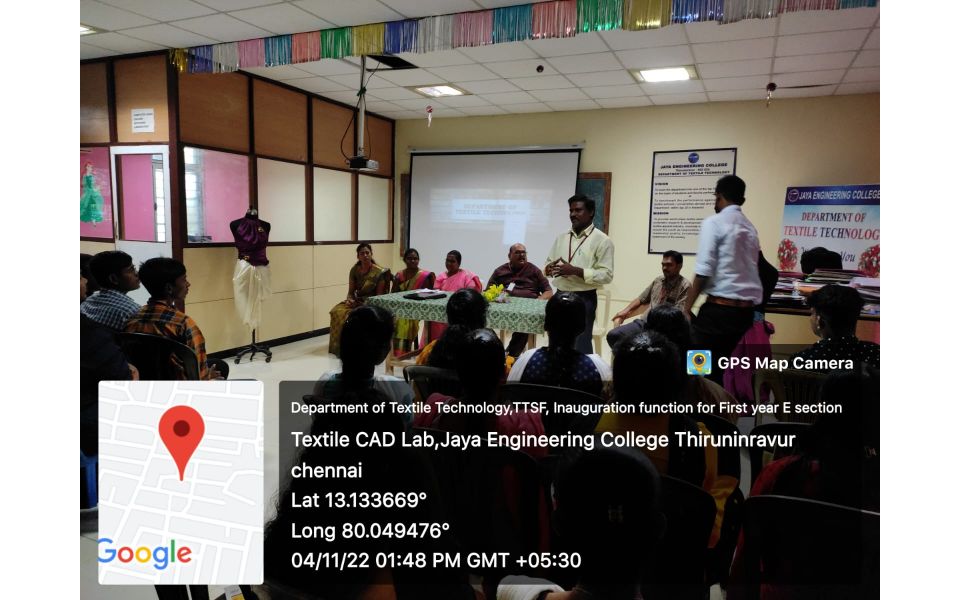
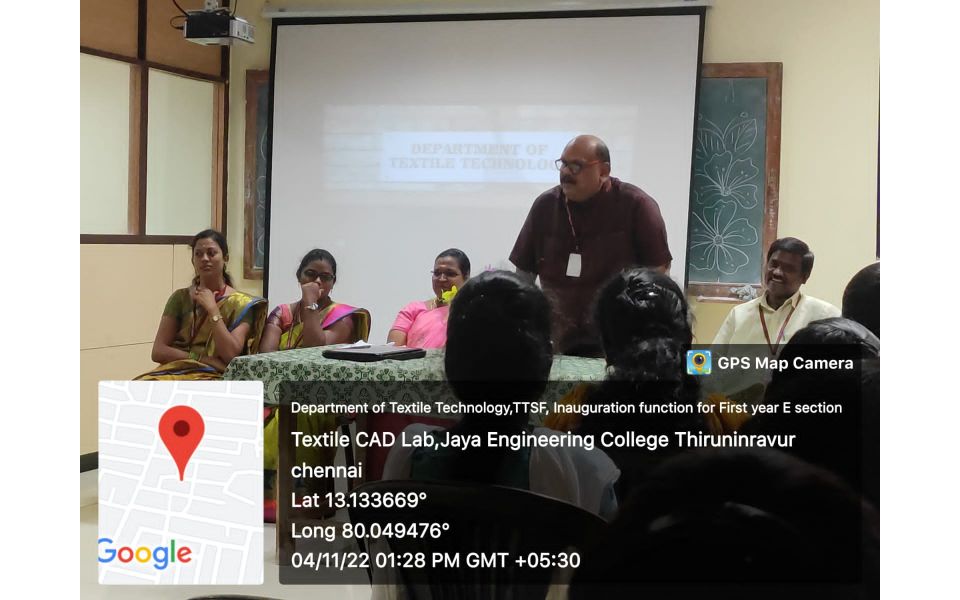
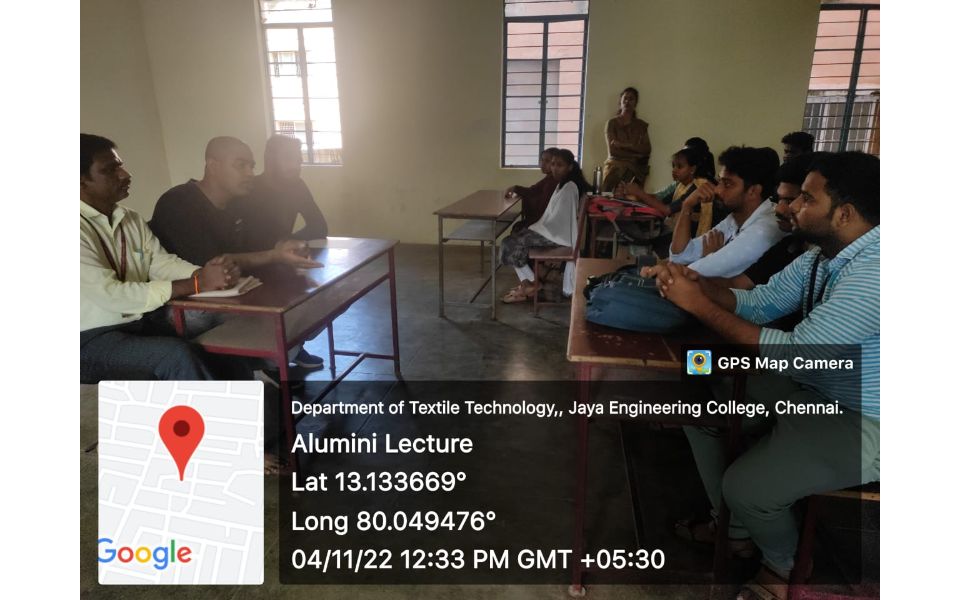
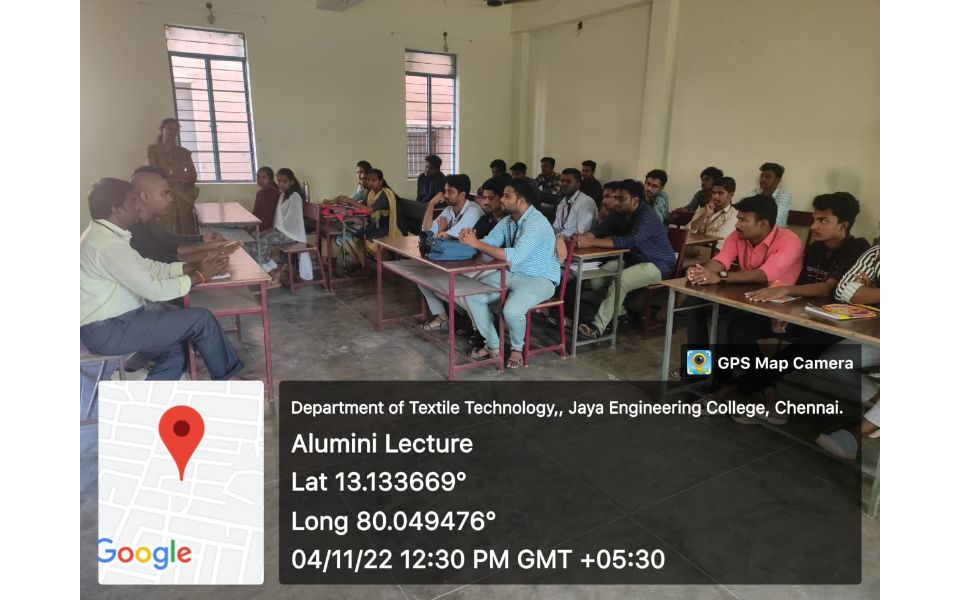
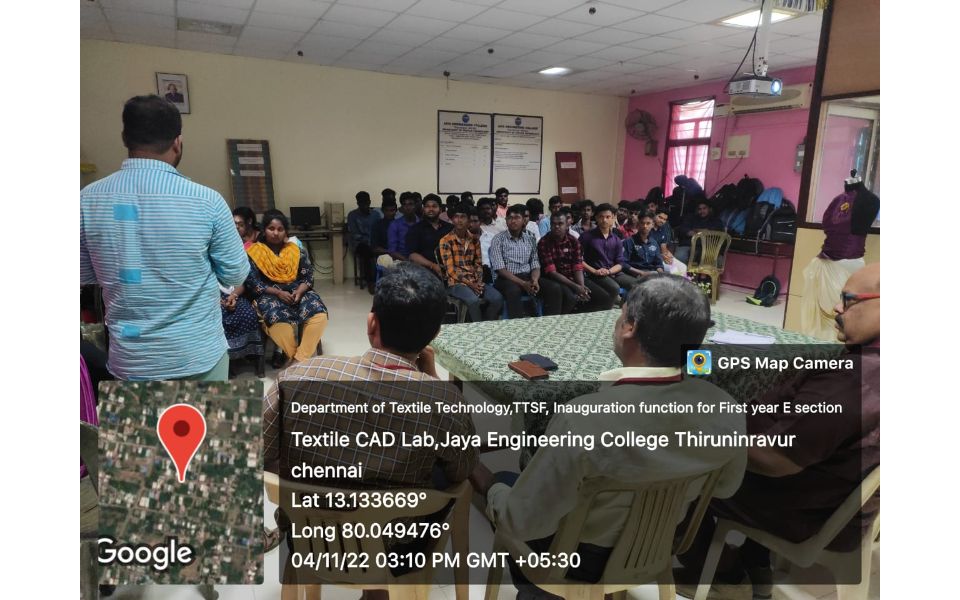
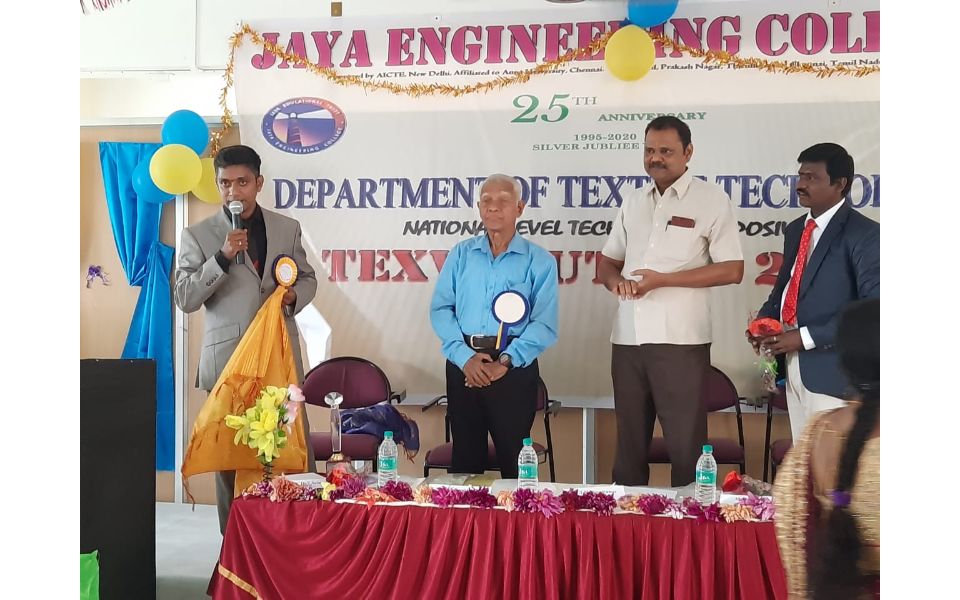
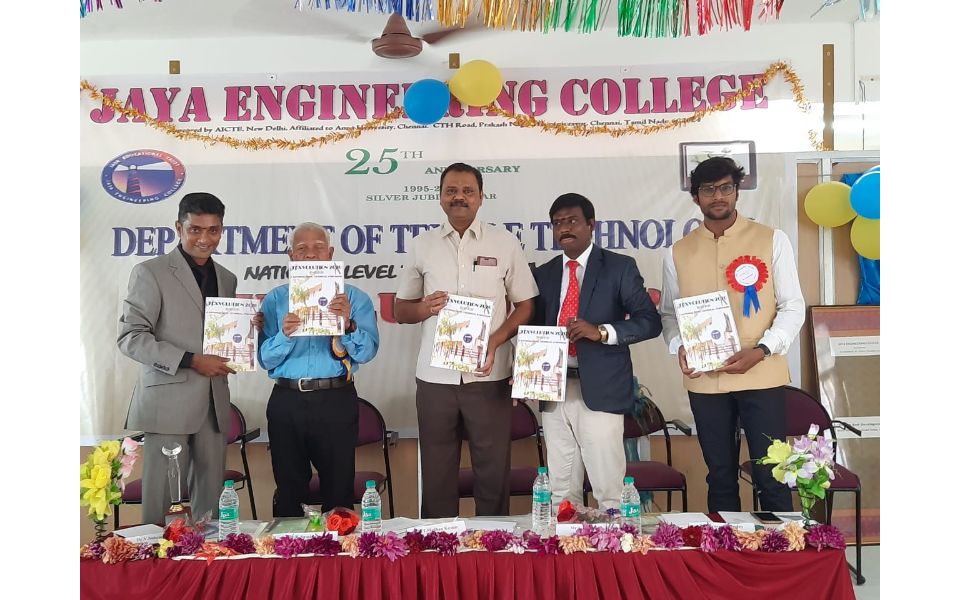
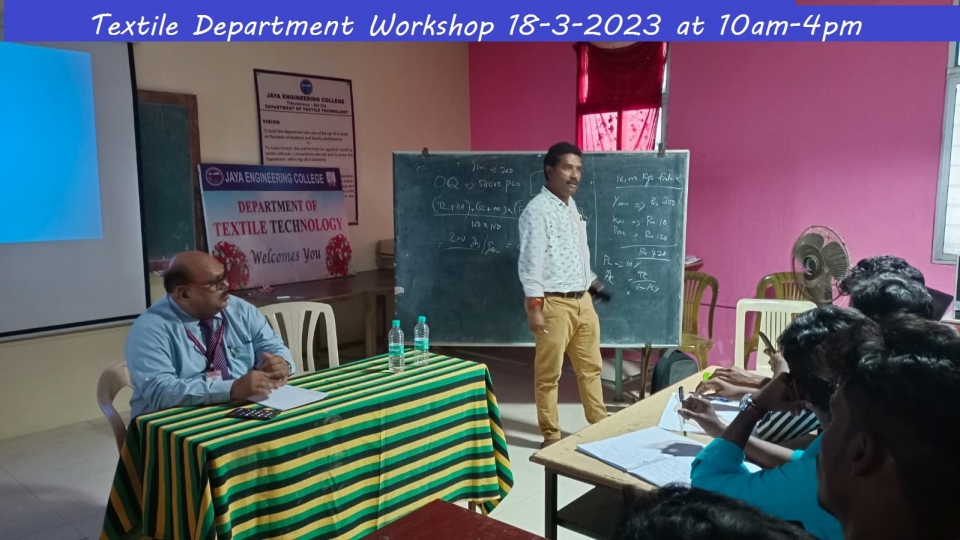


For Online Grievance : onlinegrievance@jec.ac.in